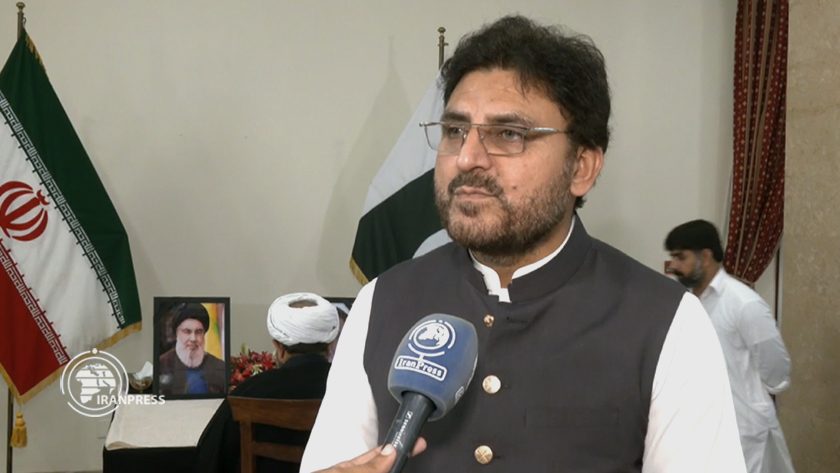Iran-Israel Tensions: Navigating a Precarious Balance
In an exclusive conversation with Iran Press, Nasir Abbas Shirazi discussed the precarious geopolitical landscape between Iran and Israel. Highlighting the potential repercussions of any aggressive actions, Shirazi underscored that both nations stand at a tense impasse where any form of escalation could lead to irreversible damage, particularly for Israel.
The Current Geopolitical Climate
The context of Shirazi’s remarks is rooted in a history of animosity and strategic rivalry between Iran and Israel. Tensions have been consistently high, with both countries often positioned on opposing sides of regional conflicts. This dynamic has become increasingly complex in recent years, as both nations continue to enhance their military capabilities and forge shifting alliances within the region.
Israel has long perceived Iran as a significant threat, primarily due to Iran’s nuclear ambitions and support for groups like Hezbollah. Iran’s influence extends through proxies across the Middle East, challenging Israel’s security environment. Conversely, Iran views Israel as a destabilizing force, given its military interventions in neighboring territories and its alliances with Western powers.
Retaliation and Deterrence
Shirazi emphasized that Israel is currently at a crossroads where restraint might be the most pragmatic approach in handling its relations with Iran. The ramifications of misjudging Iran’s capacity for retaliation are a central concern. According to Shirazi, the Iranian response could be devastating for Israel, suggesting that both parties have a vested interest in avoiding further provocation.
The Legacy of Hezbollah’s Leadership
The conversation also touched on Hezbollah’s late leader, Sayyed Hassan Nasrallah, who is celebrated for his steadfast dedication to the teachings of Imam Khomeini and Sayyed Ali Khamenei, the leader of Iran’s Islamic revolution. Nasrallah’s leadership was instrumental in bolstering Hezbollah’s influence and fortifying its resistance against perceived adversaries, notably Israel.
Moving Forward: Caution Prevails
While rhetorical hostilities persist, the current situation between Iran and Israel suggests a mutual understanding that direct conflict would be detrimental. With international attention focused on this longstanding rivalry, both nations may find themselves compelled to innovate diplomatic strategies, balancing aggressive rhetoric with strategic patience.
As these tensions simmer, the international community remains vigilant, hoping for a resolution that avoids further escalation. For more insights on this complex relationship, visit the official website of Iran Press.
